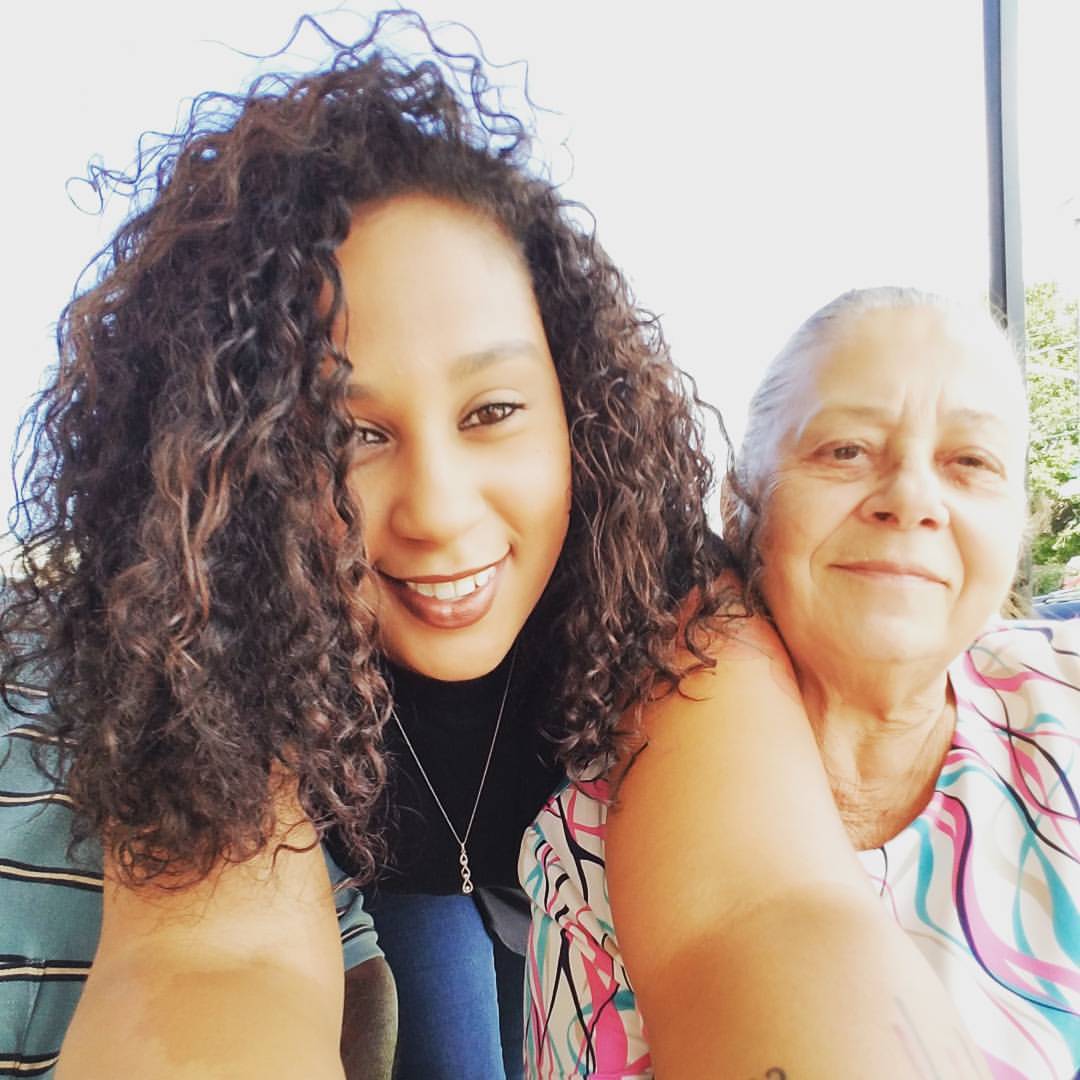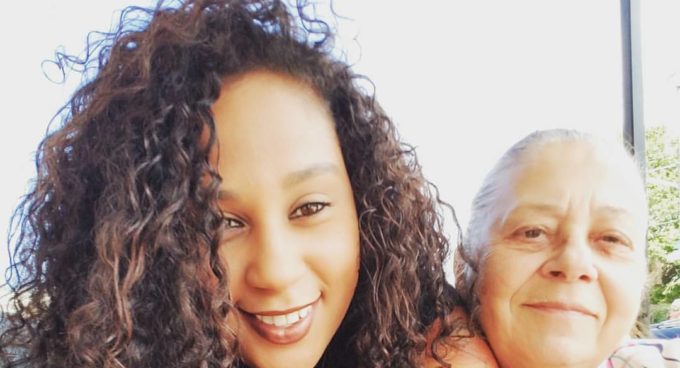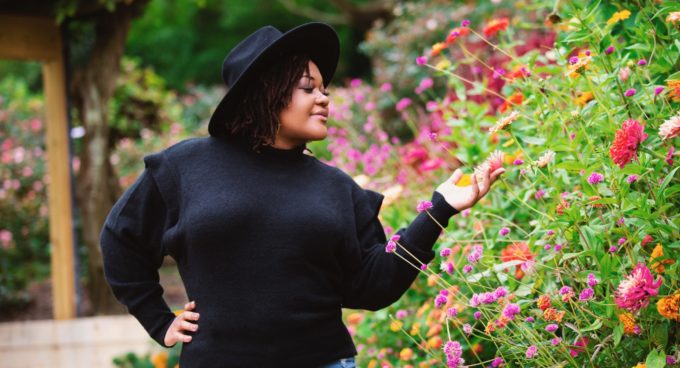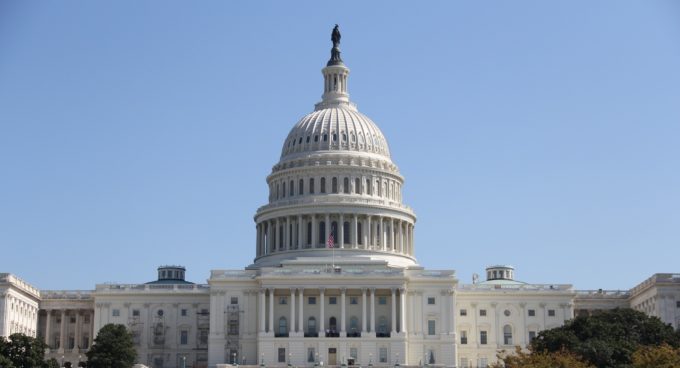This blog is a love letter from Barbie to all the women she grew up in North Philly who inspired her to stand up for her community. This led her to pursue food justice and anti-hunger advocacy rooted in sharing, uplifting, and celebrating stories of lived and living expertise.
Barbie, a public speaker, advocate, and blogger, works to put an end to hunger and poverty by putting a face to those issues and leading in the lived experience movement through community engagement. She has been featured in the documentary “A Place at the Table.” Barbie has spoken alongside Maria Shriver and President Joe Biden, and she has had her work elevated by BBC World News, CNN, Associated Press, Washington Post, People Magazine, and more.
A Spanish version of this blog is here.
Dear Mujer Poderosa, Doña del Bloque, La Líder del Impacto, This is for YOU!
To the women who recognize that they are monumental, who know they have an inexplicable power and force within them. Women who see beauty in themselves and in others, and who nurture the world through acts of service, compassion, and empathy without hesitation — even if it is the unpopular thing to do. Women grounded in culture, heritage, morals, strength, grace, and the ability to be themselves while finding their place and standing firm in the world.
Growing up in North Philly, I always understood the power of women like you all. I watched my mother struggle with supporting my family, and I appreciated how the other mothers in my neighborhood made sure, every day, everyone was okay. Witnessing those women at a very young age taught me I had a responsibility to help those around me. Through those women, I came to know what my life’s role is: to take care of my family and community. What I didn’t know back then was that living in a neighborhood where neighbors provided resources for you meant that I grew up in poverty — and that the resources given out were coming from those facing similar circumstances.
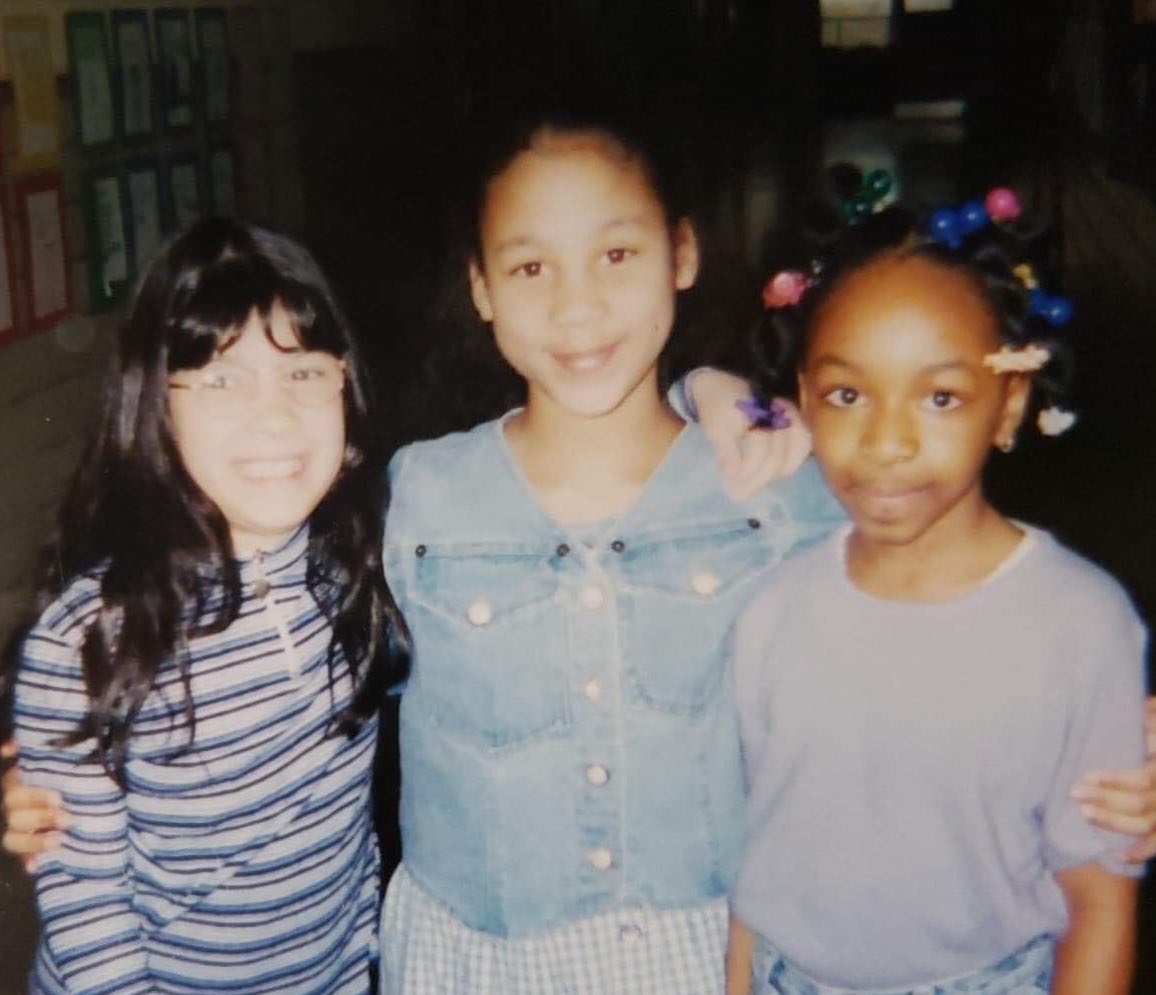
A girl from North Philly
My community helped create an internal foundation that urged me to become a supportive community member, like those I grew up with. I also wanted other girls that looked like me to feel like they could do that, too, and know we can lead together. That was reinforced as I started to realize the lack of representation for girls like me: I noticed how I was treated as the daughter of a Cuban immigrant who only spoke Spanish, my skin was darker than the other Hispanic girls in the neighborhood, and the texture of my curls became glaring in comparison to the hair texture of others. Those experiences inspired me to take on the role of the community leaders that I watched and admired so much (even though I didn’t know how they were able to do so much). They, particularly the women, were the sheroes that I never knew I needed, and, so, I write this as an homage to all women struggling to take care of their families. The ones who may be living in circumstances that they feel they don’t deserve. Those who feel stuck or trapped in a cycle, no matter how hard they work, and yet still provide resources, meals, encouragement, and a smile to all who need them, even when they may be struggling to find a genuine smile for themselves.

